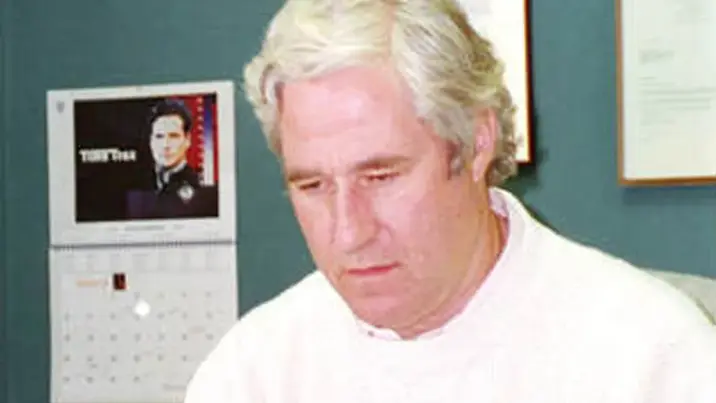T4K3.news
London Underground strike announced
RMT members will strike for seven days starting Friday over pay, fatigue management and shift patterns, with services expected to be disrupted.
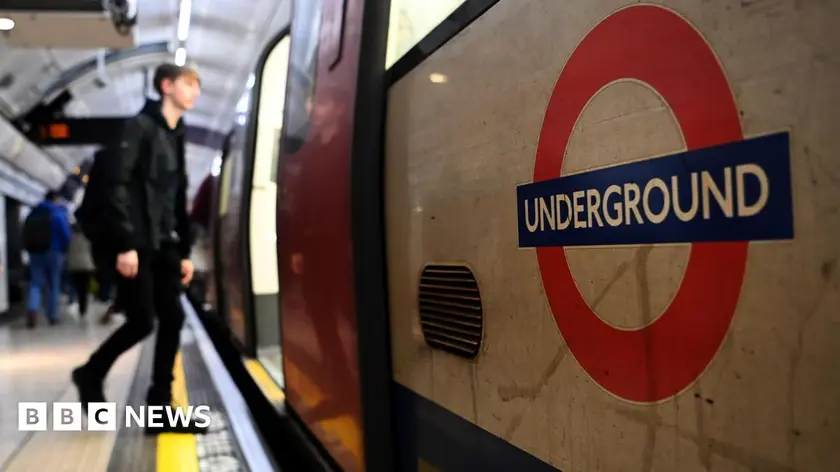
RMT union members will walk out on the London Underground for seven days starting Friday over pay, fatigue management, shift patterns and a reduced working week.
London Underground workers strike over pay for seven days
The RMT union has announced a seven‑day rolling strike on the London Underground, set to begin Friday 5 September. The union says transport bosses have refused to engage on key issues including pay, fatigue management, extreme shift rotations and a shortened working week. Eddie Dempsey, the union’s general secretary, described fatigue and demanding schedules as serious health risks for members that have gone unaddressed for years by LU management.
A TfL spokesperson urged the union to present a fair and affordable pay offer to its members and to keep talking, signaling a push for dialogue even as action continues. The strike will alter service patterns across lines, with travelers advised to check live updates and plan for potential delays.
Key Takeaways
"Fatigue and extreme shift rotations are serious issues impacting on our members health and wellbeing, all of which have not been adequately addressed for years by LU management."
Direct quote from RMT General Secretary Eddie Dempsey on the issue
"We urge the RMT to put our fair, affordable pay offer to their members and to continue to engage with us."
TfL spokesperson addressing ongoing talks
The walkout highlights a long‑running tension between workers seeking better pay and safer rosters and managers aiming to preserve service reliability under tight budgets. Rolling action is a classic strategy to spread disruption and keep lines in operation while signaling urgency. For commuters, the immediate risk is transport gaps during peak hours, which can ripple through the city’s economy and daily life. The dispute also foreshadows how London’s transport system will balance wage pressures with public service duties in the coming budgeting period.
If talks stall, the episode could become a catalyst for broader negotiations on fatigue risk and shift design across critical public services. A failure to resolve it may invite public criticism and political scrutiny, potentially shaping future pay deals and workload rules across the capital’s transit network.
Highlights
- Fatigue is not a badge of honor it is a health risk
- Pay talks must resume for riders and workers alike
- Public trust rides on a fair deal and steady rosters
- Dialogue now saves the timetable and the workforce
Budget and public disruption risk
The strike involves a major public transport system and centers on pay and workload safety. It could affect city life, commuter schedules, and the broader budget. Public reaction may influence political and regulatory responses.
Dialogue remains the key to turning disruption into a fair, workable agreement.
Enjoyed this? Let your friends know!
Related News
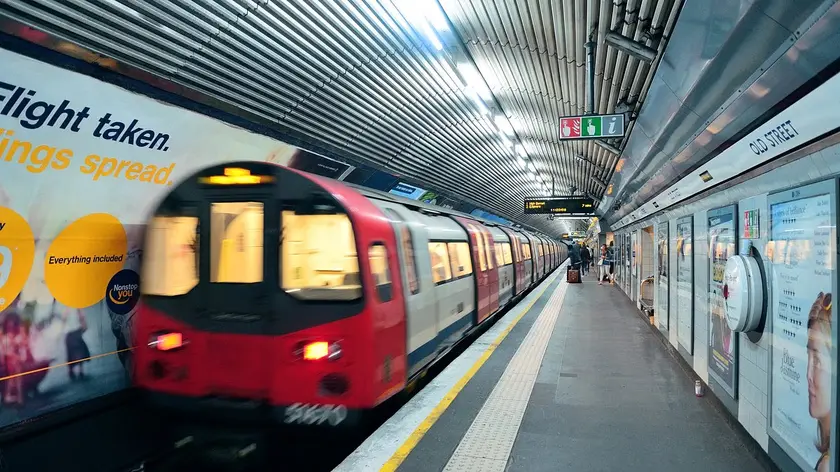
Tube network braces for shutdown
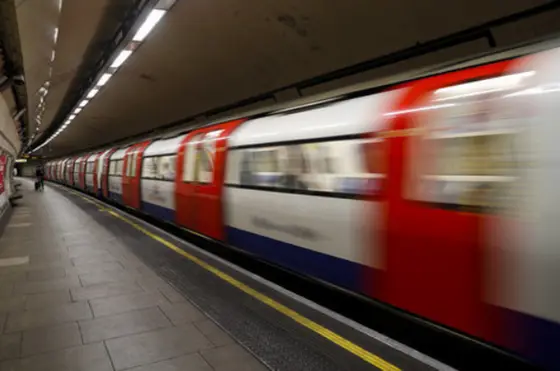
London Underground strikes set to disrupt travel
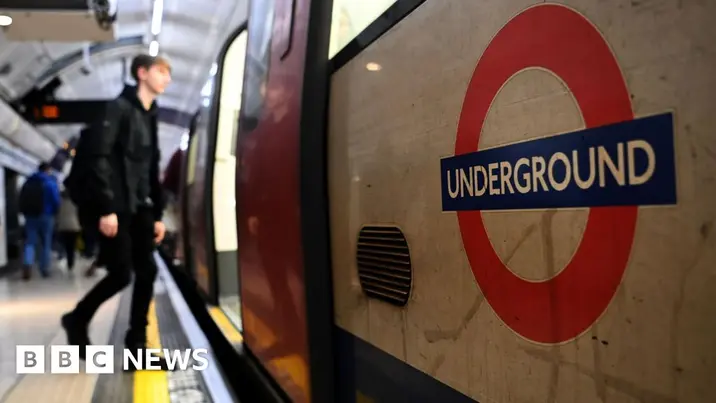
London Underground strike starts September 5
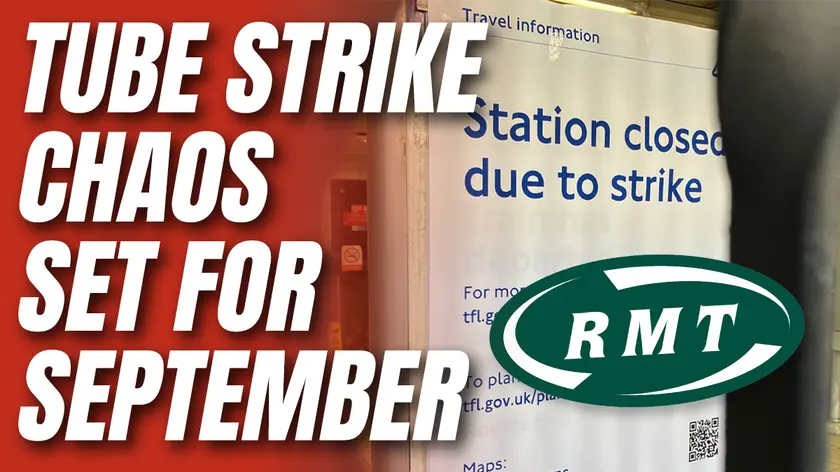
RMT rolling strike across Tube and DLR
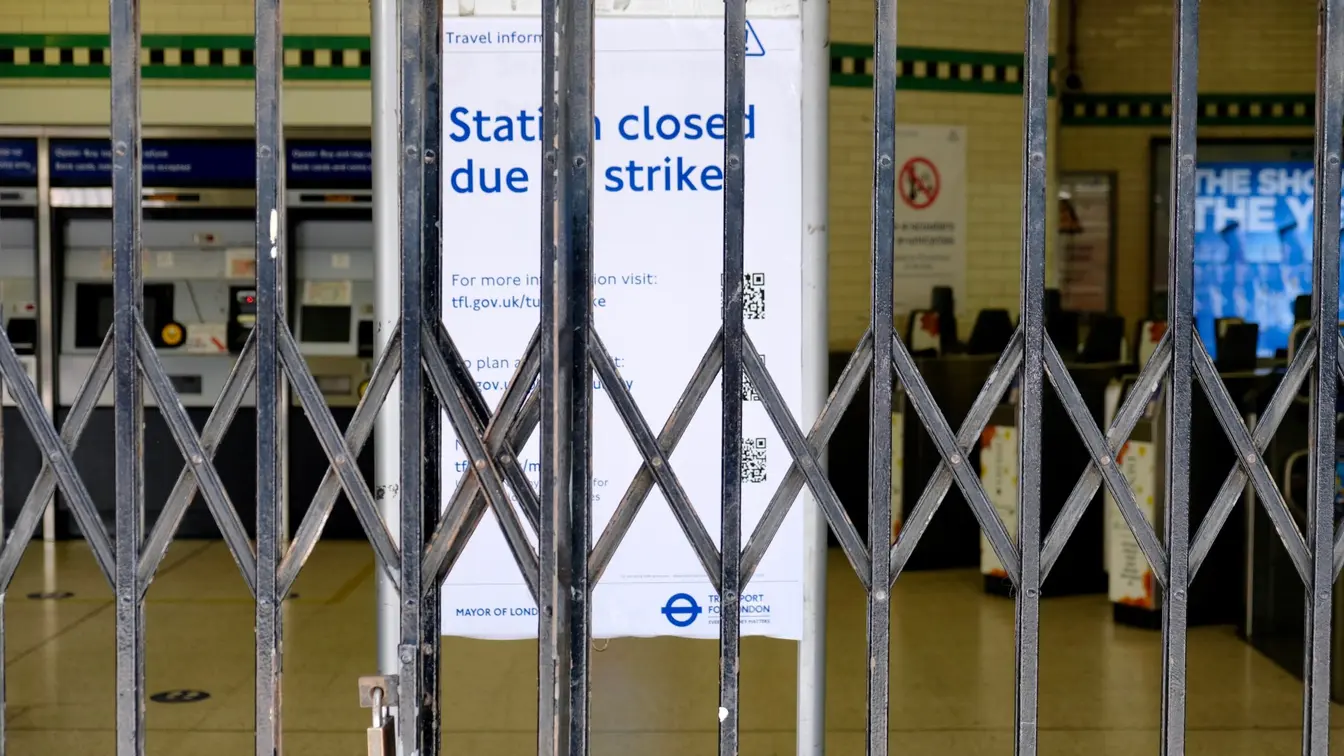
London Underground faces seven days of strikes
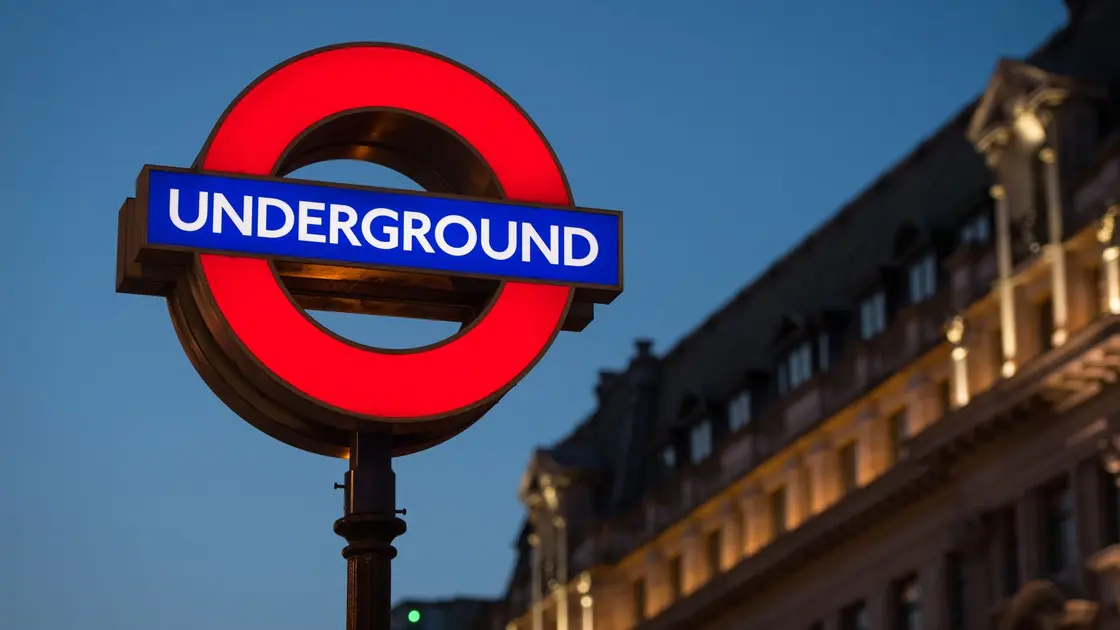
Tube strikes set to disrupt London

Elon Musk awarded shares worth $29 billion

Trump announces new ceasefire deadline for Russia
